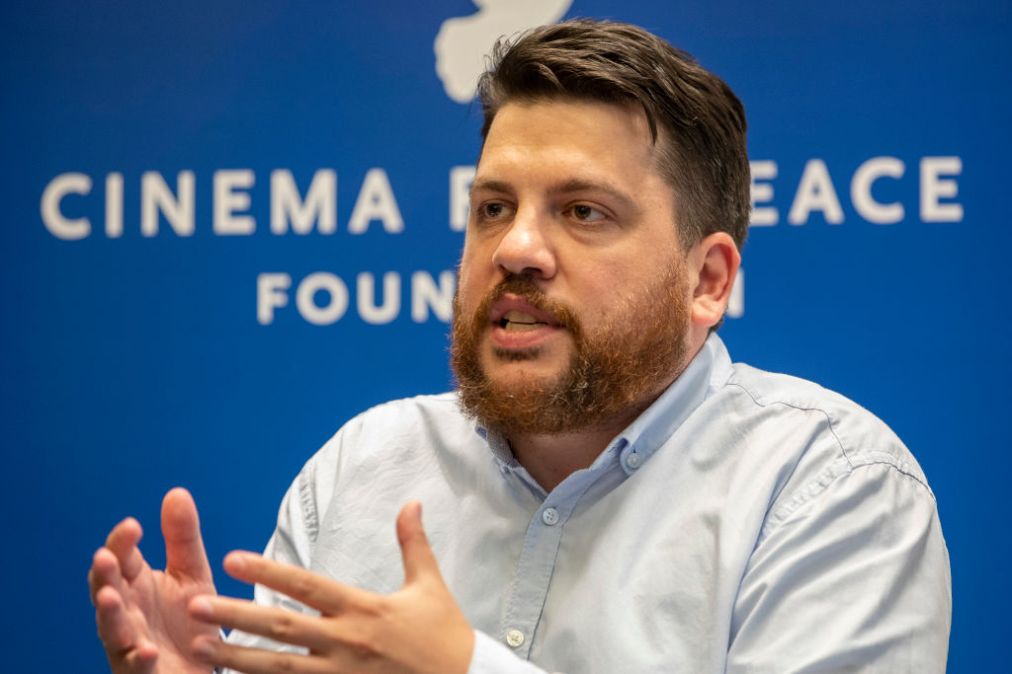Navalny adviser urges vigilance after impersonation attempts of Kremlin foes

A top aide to jailed Russian opposition figure Alexei Navalny is urging Western policymakers and think tanks to be more wary of suspected Kremlin-backed information operations to undermine their work.
Navalny, a prominent critic of Russian President Vladimir Putin, has been detained since January, when he returned to Russia after being poisoned with a chemical nerve agent last year. In February, a Russian court sentenced him to two years in prison in a case that human rights organizations have described as a “mockery” of justice.
In the meantime, digital operatives have been posing as Leonid Volkov, Navalny’s chief of staff — and other perceived threats to Kremlin interests — in apparent efforts to smear critics of the Russian government.
“It looks like not enough lessons have been drawn from John Podesta clicking those phishing [links] back in 2016,” he said, referring to Russian intelligence agents’ breach of the Hillary Clinton adviser’s Gmail account during the 2016 election.
Public figures in other countries have much to learn from the Russian opposition’s experience about protecting themselves from hacking and disinformation, Volkov said Friday at event hosted by the Atlantic Council, a Washington-based think tank.
“We live in this very toxic environment of Kremlin disinformation campaigns …. Everyone in Russian politics is well aware of phishing, of malware, of disinformation, of fake phone calls,” he added.
The Atlantic Council, which focuses on democracy and human rights in Eastern Europe, went public this week with one such incident in which someone posing as Volkov sent emails to the think tank’s leadership requesting an on-camera meeting.
“The people who sent it were trying to lure us into a potentially sensitive or even embarrassing online conversation,” the Atlantic Council’s Melinda Haring and Damon Wilson wrote in the Washington Post.
That followed a similar overture to another Washington-based non-governmental organization in which someone pretended to be exiled Belarusian politician Svetlana Tikhanovskaya. In that case, the imposters secured a meeting with the NGO and recorded the conversation, according to Haring and Wilson.
Wilson said there was no particular malicious software attached to the emails the Atlantic Council received from the fake Volkov. But think tanks are perennial targets of state-linked hackers looking for clues on the policy of an incoming administration, for example. The FBI and Department of Homeland Security urged U.S. think tanks to be on high alert for attempted compromises in the weeks before President Joe Biden took office.
Think tanks often have small cybersecurity teams, if they have one at all. They also have to rely on word-of-mouth to alert fellow think tanks to malicious activity, according to Haring.
“This is a big problem,” Haring said at the Atlantic Council event on Friday. “This is part of the reason why NGOs and think tanks are vulnerable is because we only pick up the phone and warn each other when this happens.”
She advised think tanks that suspect they’re being targeted by digital spies to call the FBI.
“The office culture wants you to respond immediately [to an email]” Haring said. “Don’t do it. Verify the authenticity and look for mistakes in messages.”





